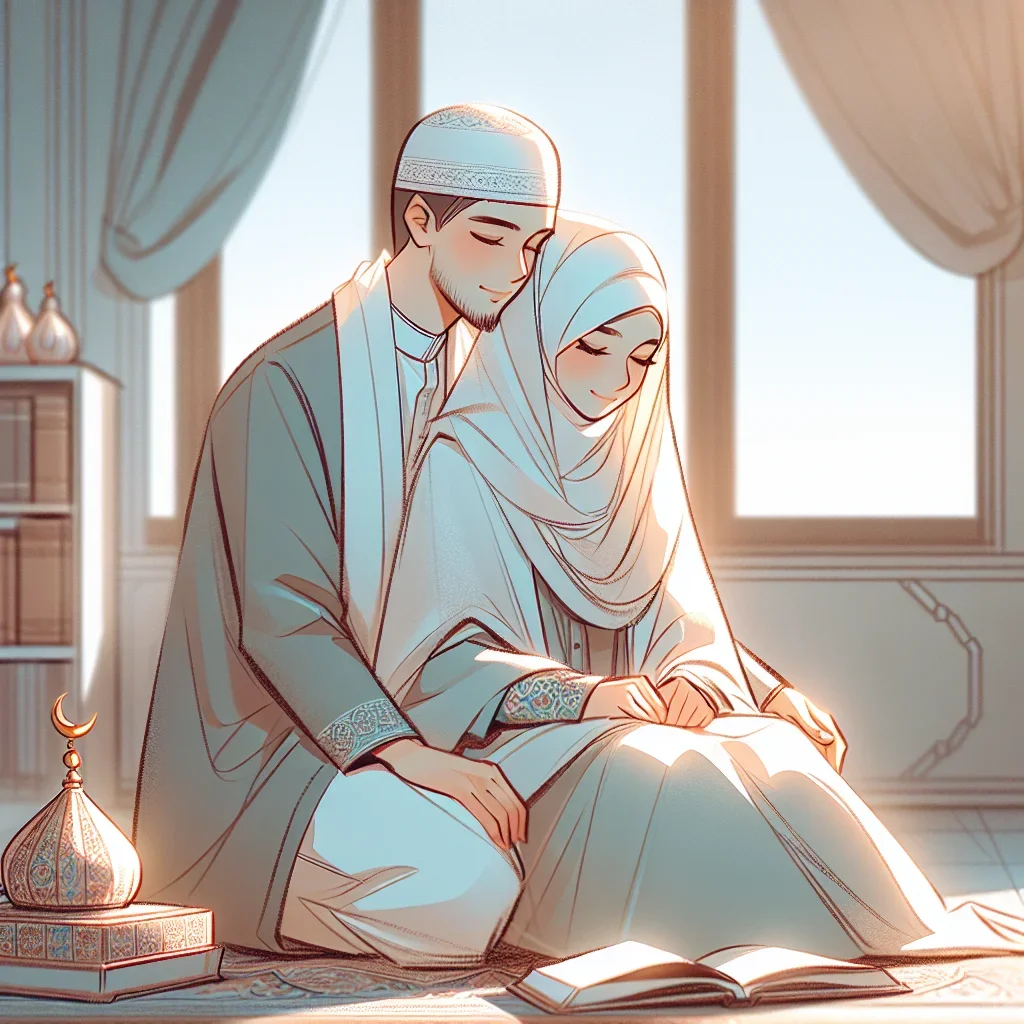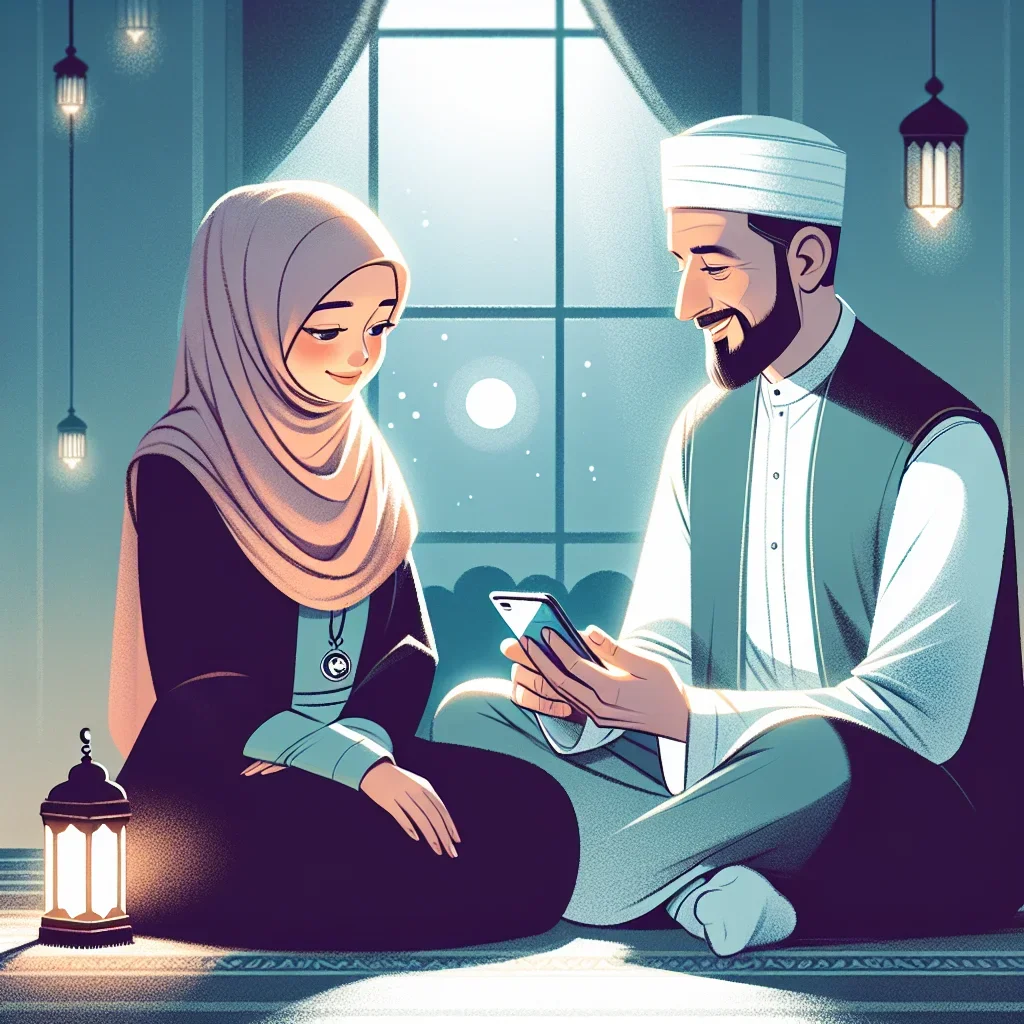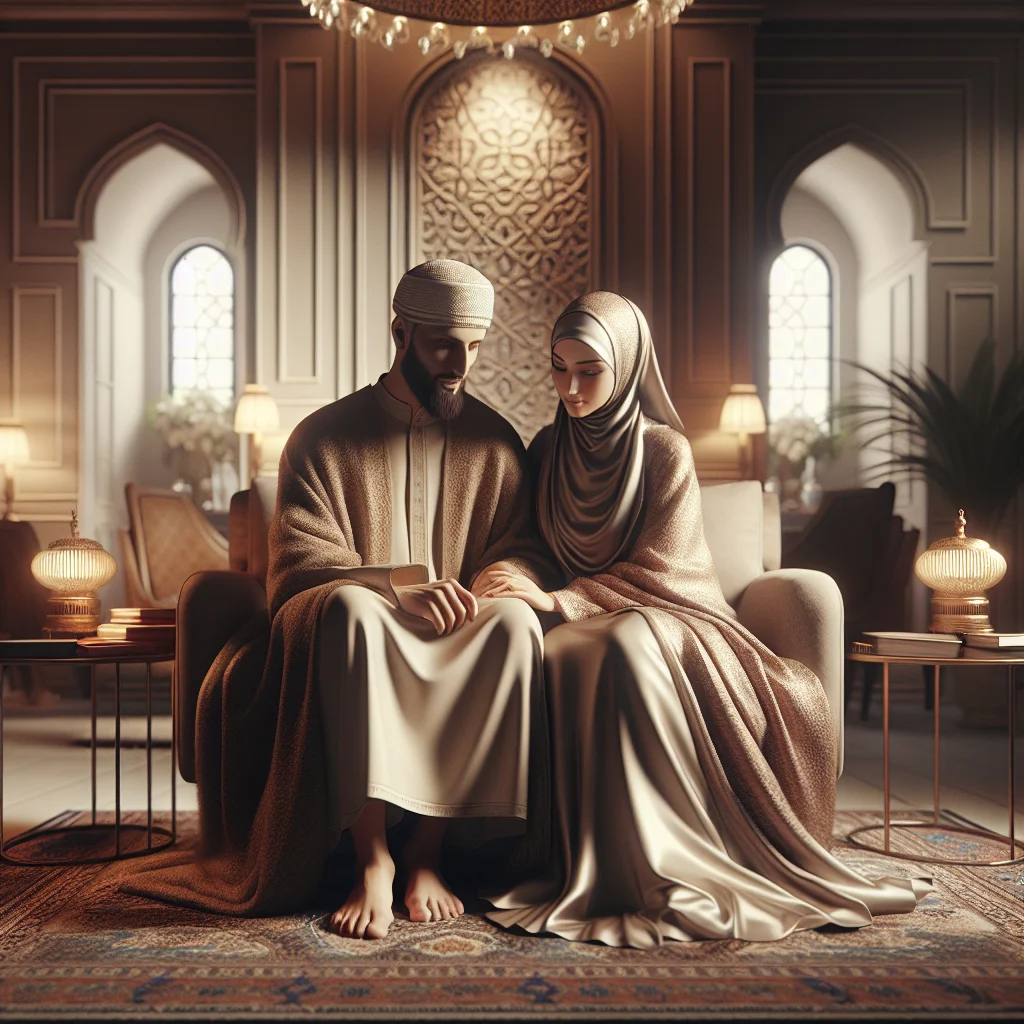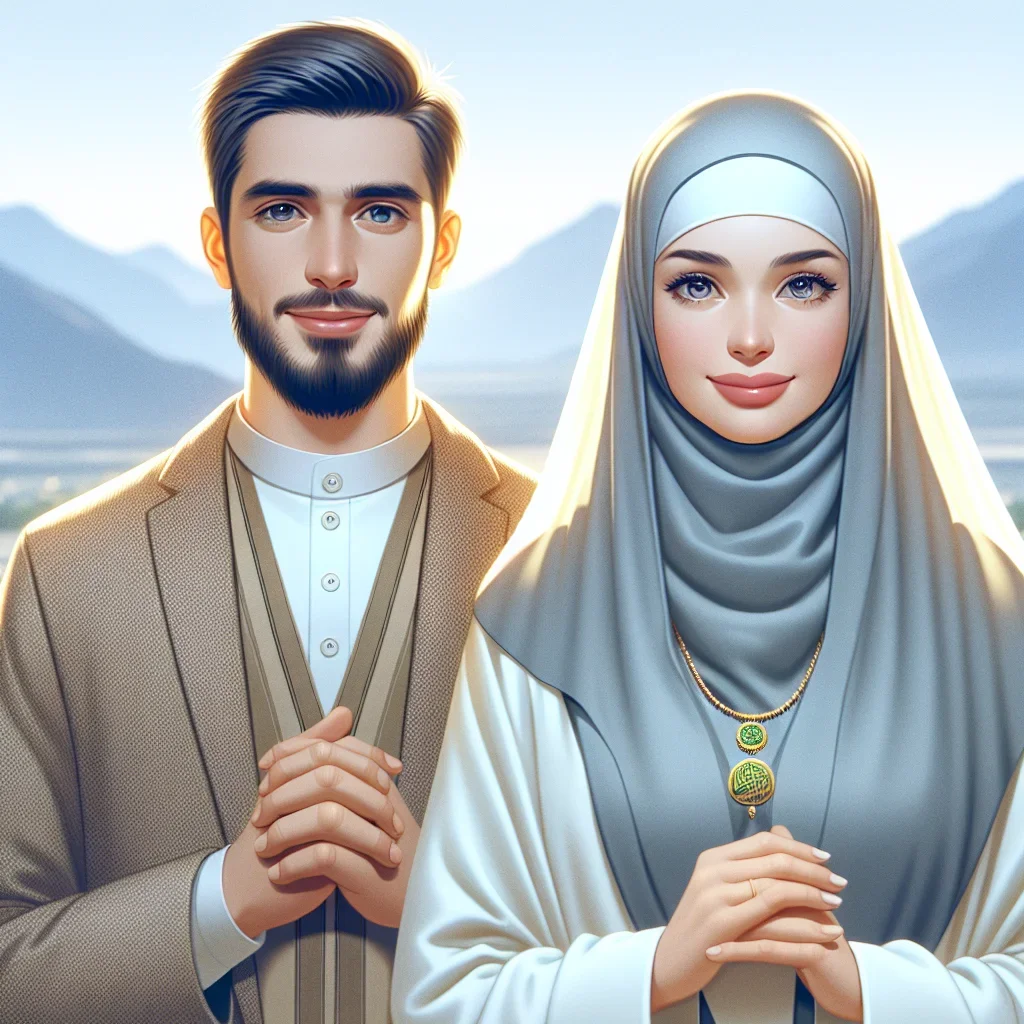Navigating Modern Gender Roles in Muslim Marriages: Balancing Tradition with Equality
Marriage is a sacred institution in Islam, a union that is meant to bring comfort, companionship, and love to both partners. However, in today's world, the dynamics of marriages are constantly evolving, especially when it comes to gender roles within the relationship. As Muslims, it is essential to strike a balance between upholding traditional values while also promoting equality and mutual respect between spouses.
Islam lays out specific roles for both men and women within a marriage, emphasizing the importance of mutual cooperation and understanding. While traditional gender roles may have been more defined in the past, the modern world presents new challenges and opportunities for couples to navigate together.
One of the key principles in Islam regarding marriage is the concept of mutual respect and kindness between spouses. This is emphasized in the Quran where it states, "And of His signs is that He created for you from yourselves mates that you may find tranquility in them, and He placed between you affection and mercy." (Quran 30:21) This verse highlights the importance of love and compassion in a marriage, regardless of traditional gender roles.
When it comes to traditional gender roles, it is important to recognize the wisdom behind certain guidelines set by Islam. For example, men are considered the providers and protectors of the family, while women are seen as caretakers of the home and children. These roles are not meant to be restrictive, but rather complementary, with both partners fulfilling their responsibilities in a way that benefits the family as a whole.
However, in today's society where women are increasingly entering the workforce and men are taking on more responsibilities at home, it is crucial to reassess how these traditional roles fit into modern marriages. Islam allows for flexibility and adaptation, as long as the fundamental principles of mutual respect and cooperation are upheld.
Equality in marriage is a concept that is strongly emphasized in Islam. The Prophet Muhammad (peace be upon him) said, "The best of you are those who are best to their wives." This Hadith underscores the importance of treating one's spouse with kindness, respect, and equality, regardless of traditional gender roles.
In modern Muslim marriages, many couples are finding ways to balance traditional roles with a more equal division of responsibilities. Communication is key in ensuring that both partners feel heard and valued in the relationship. It is important to have open and honest discussions about expectations, goals, and individual strengths and weaknesses.
Supporting each other in personal and professional growth is also essential in modern Muslim marriages. Both partners should encourage and uplift one another, helping each other achieve their fullest potential while also fulfilling their respective roles within the marriage.
Ultimately, navigating modern gender roles in Muslim marriages requires a delicate balance between honoring tradition and embracing equality. By following the guidance of Islam, respecting each other's differences, and fostering a relationship based on love and compassion, couples can create a harmonious and fulfilling marriage that is pleasing to Allah.
To find a righteous partner, install the Good Spouse app: http://goodspouse.com/go/en
Install the Good Spouse app: ⬇️⬇️⬇️⬇️⬇️
